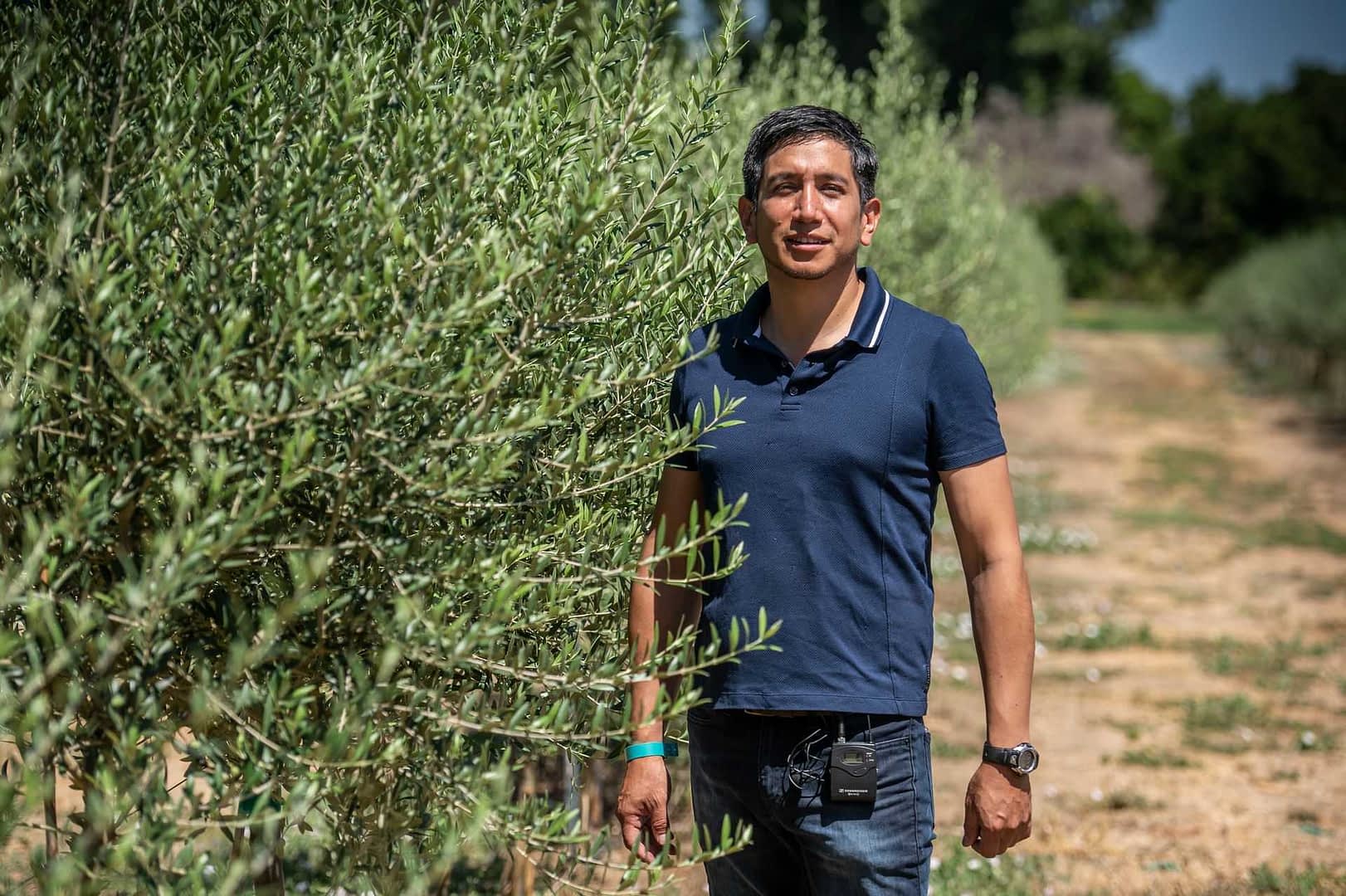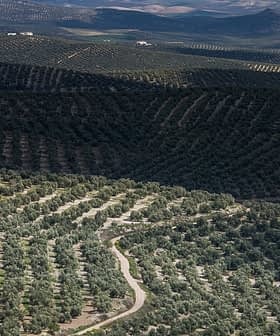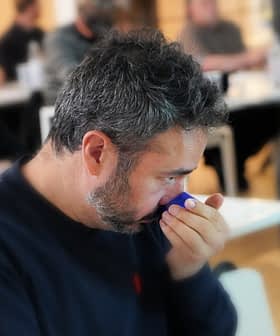Olive Center’s New Director Begins Planning for The Future of California Olive Oil

Javier Fernandez-Salvador, the new executive director of the UC Davis Olive Center, is focusing on producing high-quality olive oil and involving students in the process. He plans to conduct research on irrigation management, nutrient delivery systems, and gene-editing technologies to improve olive production in California.
“I think there is a promising future for olive oil,” Javier Fernandez-Salvador told Olive Oil Times.
The recently appointed executive director of the University of California-Davis Olive Center has had a busy few months since taking the reins of North America’s leading olive oil research institution.
Drought is here, it is going to be imminent, the climate is going to be warmer, and we need to be able to adapt. Research needs to lead the way.
“I saw the move to UC Davis as the next logical step in my career,” he said. “It is a privilege to be working at the best agricultural university in the world with an incredible group of people.”
See Also:A Third of The Best American Olive Oils Come from This California RegionBefore becoming the center’s second-ever executive director – taking over from Dan Flynn who announced last year that he would be leaving the Olive Center after founding the influential institution 12 years before – Fernandez-Salvador headed up the Olea project, which focussed on promoting olive cultivation and research in Oregon.
Since making the move 680 kilometers south from Corvallis to Davis in June, Fernandez-Salvador has already started to meet some of the stakeholders and work on new projects.
Among them is renewing the focus of the Olive Center on its own olive oil production. Fernandez-Salvador said he wants to involve undergraduate students in the production process and continue producing high-quality oils from the university’s groves.
“I’m hoping to enter some of our oils into competitions this year,” he said. “We produce award-winning oils already, and the center has a mature medium-density orchard that has been harvested and used to produce UC Davis olive oil.”
“It’s been a productive orchard that I’m starting to prune and manage for continued future growth. I want to keep using the orchard, which is planted in a more traditional system,” Fernandez-Salvador added. “But we also received some funding from industry, and they are collaborating with us to plant some super-high-density trees.”
Fernandez-Salvador plans to use the high-density groves to produce olive oil using current industry best practices and to experiment as well.
“The idea is that we will start to manage the orchard mechanically like the industry does and… have it available to conduct future projects,” he said. “I am already talking to some people about doing some canopy management and pruning systems research. That will be something that is interesting to do in collaboration with the students that we get for our upcoming internship program.”
Having students run the university olive groves, conduct experiments and produce the olive oil that is then sold in campus stores is part of Fernandez-Salvador’s plans for the center.
“One of my goals for next year is to start a new internship program supported by industry to train students who are interested in working with olives to become future managers,” he said.
Fernandez-Salvador is working to cultivate farmers who approach olive growing and production with a scientific mindset. He believes this will further help the state’s industry.
“Not only will the students learn how to make these orchards productive, but also how to do the research, how to take data, do the analyses and set up experiments,” he said. “So when they take on a new position once they graduate, they can bring that advantage to the industry.”
Fernandez-Salvador added that this is already a trend in California, with larger operations bringing in farm managers who have been formally trained in research and experimental design. However, he wants to start this process from a younger age.
Among the experiments that Fernandez-Salvador hopes to run in the university’s olive groves is testing different irrigation management techniques, which will become increasingly necessary as California becomes hotter and drier.
“We need to update our standards, and I am glad to be a collaborator there,” he said. “We are looking at efficient water use to maintain productivity and be able to manage water resources better.”
Along with improving water management, Fernandez-Salvador also wants to test nutrient delivery systems to efficiently deliver everything the trees need to grow and produce consistent yields.
“I think both of those have a bright future, and we can start becoming more efficient at it, maintaining productivity and crop sustainability with the [aforementioned] challenges,” he said. “Drought is here, it is going to be imminent, the climate is going to be warmer, and we need to be able to adapt. Research needs to lead the way.”
Fernandez-Salvador also sees research as the key to making California’s growers and producers more competitive, from experimenting with different varieties to see which ones grow best in high-density and super-high-density groves to evaluating how the latest gene-editing technologies may be used to improve olives.
“There is some interest in discussing editing of the olive genome to work on a couple of issues that some growers consider very important,” he said.
While Fernandez-Salvador is not involved with gene-editing, he said his role is to work as a facilitator, connecting the interested parties in the industry with the appropriate researchers and experts.
“One of my roles is to be the liaison,” he said. “Hearing the industry and their priorities and being able to bring the researchers and stakeholders together, so there continues to be this really good combination of strengths.”
However, Fernandez-Salvador is still learning exactly what all these strengths are. Moving from Oregon to California has been a considerable shift in scale.
Olive oil production is minimal in Oregon – the state’s largest producer yielded 15,000 liters in 2020, much of which included California-grown olives. Meanwhile, 14 producers exceed 22,700 liters each year in California and the state is predicted to produce about 87 million liters in 2021.
“It’s like going from the minor leagues to playing for a major league baseball team,” he said. “We have production in other states, but nothing like California. This required me to start from the very basic level of meeting and getting to know all the industry members.”
“It will be fantastic to be able to assist every part of the industry,” he concluded. “That is our mission.”









